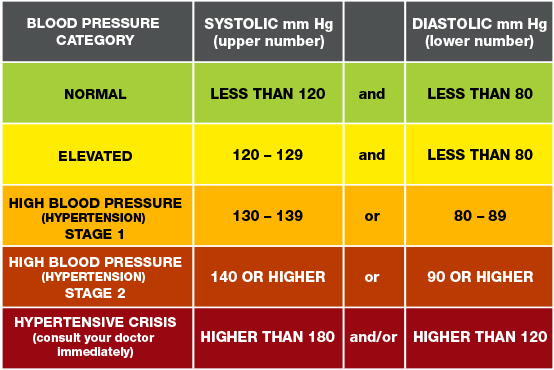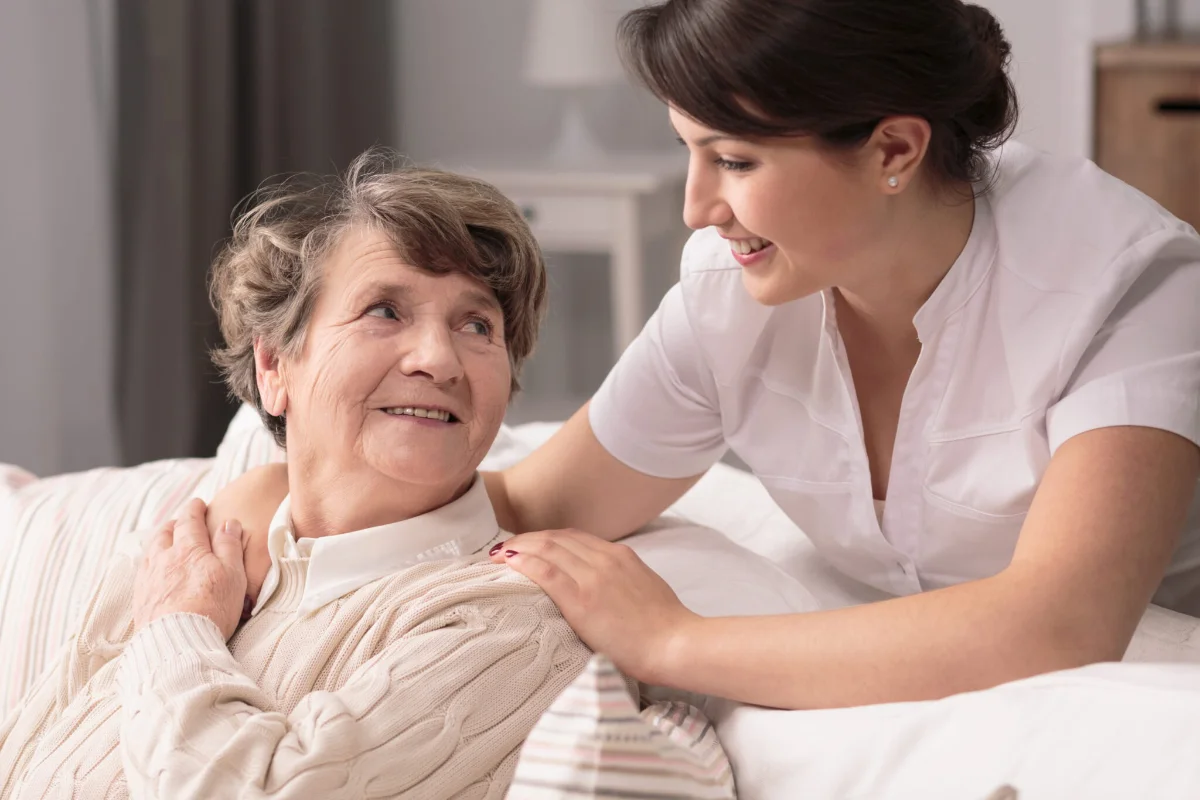Did you know more than 70% of seniors in the United States have high blood pressure? An individual’s blood pressure is the barometer of your circulatory health. It consists of your heart and blood vessels which carry oxygen and nutrients all over your body.
Also known as hypertension, high blood pressure can lead to heart disease, stroke and chronic kidney disease.
How Does Age and Gender Affect Blood Pressure?
Your blood pressure is measured in two numbers: systolic and diastolic. The number on top is the systolic blood pressure. It shows the pressure that’s exerting against your artery walls caused by the heart contracting and squeezing out blood. The bottom number is diastolic, and it measures the pressure when the heart relaxes between beats and then fills with blood.
The chance of having high blood pressure increases as you grow older. Before age 55, men have a greater chance of having high blood pressure and women are more likely to have high blood pressure after the occurrence of menopause according to the National Institute on Aging.
What is the Ideal Blood Pressure for a 65-year-Old?
The American College of Cardiology and the American Heart Association recommend that men and women aged 65 or older target a blood pressure lower than 130/80 mm Hg. A blood pressure reading of 90/60 mm Hg or lower is cause for concern and is too low.
Provided by the American Heart Association

When it comes to hypertension in the elderly guidelines, it’s important to note the systolic blood pressure (the first number) rather than the high diastolic blood pressure number. A reading of 140/90- mm Hg or higher is considered Stage 2 hypertension, and anything higher than 180/120 mm Hg is hypertensive crisis, according to Harvard Health Publishing. Systolic blood pressure increases with age because of the increased stiffness of large arteries, the long-term buildup of plaque and an increased cardiac and vascular disease occurrence.
Lifestyle Changes Can Improve Blood Pressure for Seniors.
Having high blood pressure may not make you feel sick, but it is serious. You can lower your blood pressure by implementing lifestyle changes such as these:
- Avoid smoking
- Eat a nutritious diet
- Keep a healthy weight
- Exercise regularly
- Manage stress
- Get a good night’s rest
- Drink less alcohol
- Cut down on salt intake
The American Heart Association recommends you be aware of other key numbers as well such as total cholesterol, blood sugar and body mass index. These numbers will be important to your doctor to determine your risk for developing cardiovascular disease.
If your doctor asks you to measure your blood pressure at home, various home monitors are available. Keep a list of your blood pressure numbers, the time you measured your pressure and the time you took your blood pressure medication (if you take it).
At Tutera, we take heart matters seriously and are equipped with the trained professionals, treatment methods and advanced cardiac care technology to assist seniors. Check our various senior living communities nationwide and call for a consultation.







